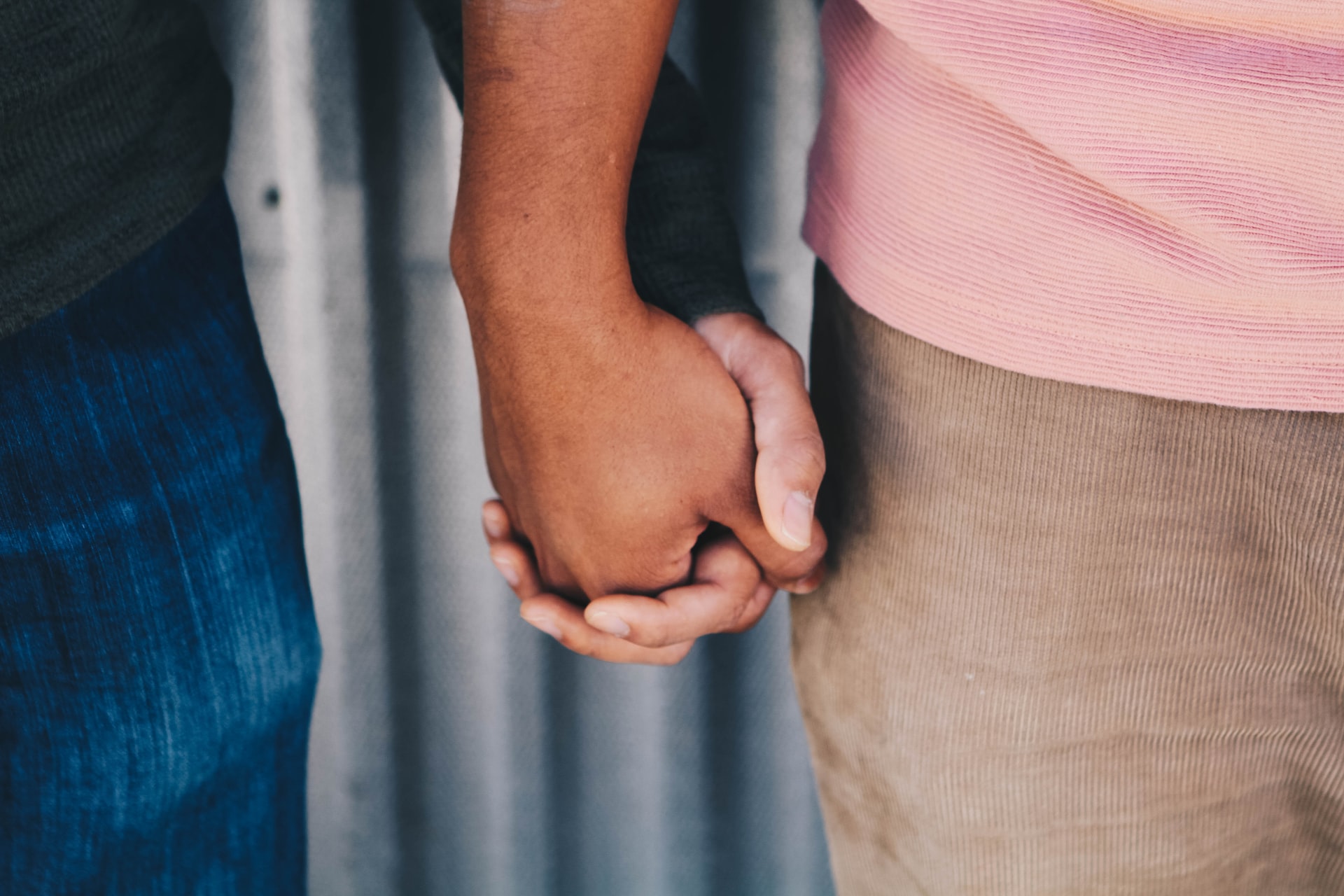
Body + Mind is reader-supported. We may earn an affiliate commission when you buy through some of the links on our site.

Are you a victim of “once bitten, twice shy” syndrome? If a past breakup or divorce left you reeling, it’s understandable that you don’t want to go through that pain again.
However, you’ll never find love if you don’t open yourself to the possibility. Here are eight ways to deal with relationship anxiety and relearn how to trust.
“Wise men say only fools rush in” — the late, great Elvis was right on the mark with this opening line. Attraction and infatuation are easy, but they are not love, only biological and emotional reactions.
“Taking it slow” means different things to various people. It doesn’t necessarily entail waiting to get intimate, although it might. You might have no trouble separating physical lust from a deeper emotional connection. Still, you owe it to your partner to make sure they feel similarly about “friends with benefits” type situations.
You might be one of many for whom “take it slow” means waiting to establish an emotional connection. Keep communicating and going on dates during the initial stages to see if you are compatible, but hold off on things like discussing things like having children or living together.
If you escaped a past relationship with a covert narcissist, it’s no wonder that you are hesitant to love again. Such individuals lure you in with love-bombing and then, with a Jekyll and Hyde twist, start walking right over your boundaries in ways that seem so innocent that you let them get away with it until you realize you’re in love with someone incapable of loving you back.
Pay attention if a new prospective partner says things like they feel incomplete without you or never want to let you go. While such sentiments make for number one hit love songs, they can also represent a need to control you, especially when accompanied by behaviors like getting the nth degree every time you head out with your friends.
Take responsibility for your happiness — it isn’t your partner’s job. Pay attention to how they react when you say “no.” If they try to wheedle their way past your boundaries, consider it a red flag and address the situation with open communication.
Taking it slow and maintaining boundaries doesn’t mean giving your prospective partner the silent treatment. You can’t find out whether you are ultimately compatible unless you talk about things.
This advice doesn’t mean that you should spend your first date moaning about how bad your last relationship was. Even if your previous partner was awful, it’s impossible to raise complaints without making them question how much of the blame you bore.
However, you should convey things such as what you’re looking for by date two or three. If you aren’t ready for commitment, tell your partner that instead of leading them on because you are afraid you’ll lose them if they want more than you do.
What’s the worst part about breaking up? Do you remember all those Friday nights when you suddenly found yourself alone on your couch with no one but Ben & Jerry’s for company?
Even when you enter into a new relationship, cultivate outside interests. Keep your standing Thursday night yoga class with your BFF. Enroll in that cooking class, even if it eats up Saturday mornings when you could enjoy brunch in bed. You’ll proactively ease relationship anxiety by not depending on your partner for entertainment.
Chances are, your tribe was your lifeline during your last nasty breakup. Repay them for their kindnesses by strengthening your bonds with them, even when you start dating again.
Continue to text with your BFF each day just to say hi and remind each other that you have each other’s backs. Volunteer to help them move — even if it falls on your usual date day.
One surefire way to learn whether you’re compatible with someone is to spend time in an enclosed vehicle with them. For safety’s sake, please wait to try this advice until you feel comfortable that your date doesn’t mean harm — you still want to confine your first few dates to public places.
However, once you establish that trust, plan a one-day excursion. If hassles like flat tires arise, all the better — how they handle the scenario will ease relationship anxiety by giving you insight into their personality.
What if you do advance to talk about living together? Here’s another time when your relationship anxiety may go off the charts if a past divorce left you in dire financial straits. Deal with it by making a financial plan.
Before you cohabitate, agree on who will pay which bills and what will happen if the arrangement dissolves. While it may sound like you’re making a prenup, those instruments did arise for a purpose — to ease the economic anxiety that occurs when two people who share a house and home decide to split.
Finally, if you can’t get past your relationship anxiety enough to form a meaningful bond, consider seeking professional help. Therapy can help you process the challenging emotions that keep you from creating new attachments.
Your primary care physician is a wise place to start seeking help, and your insurance carrier may require a referral, anyway. You can also reach out to family and friends who found an excellent treatment specialist for recommendations.
It’s natural to feel twice shy once you get bitten. However, you need to deal with your relationship anxiety if you want to love again.
Your email address will only be used to send you our newsletter, and at any time you may unsubscribe. For more information, see our Privacy Policy.